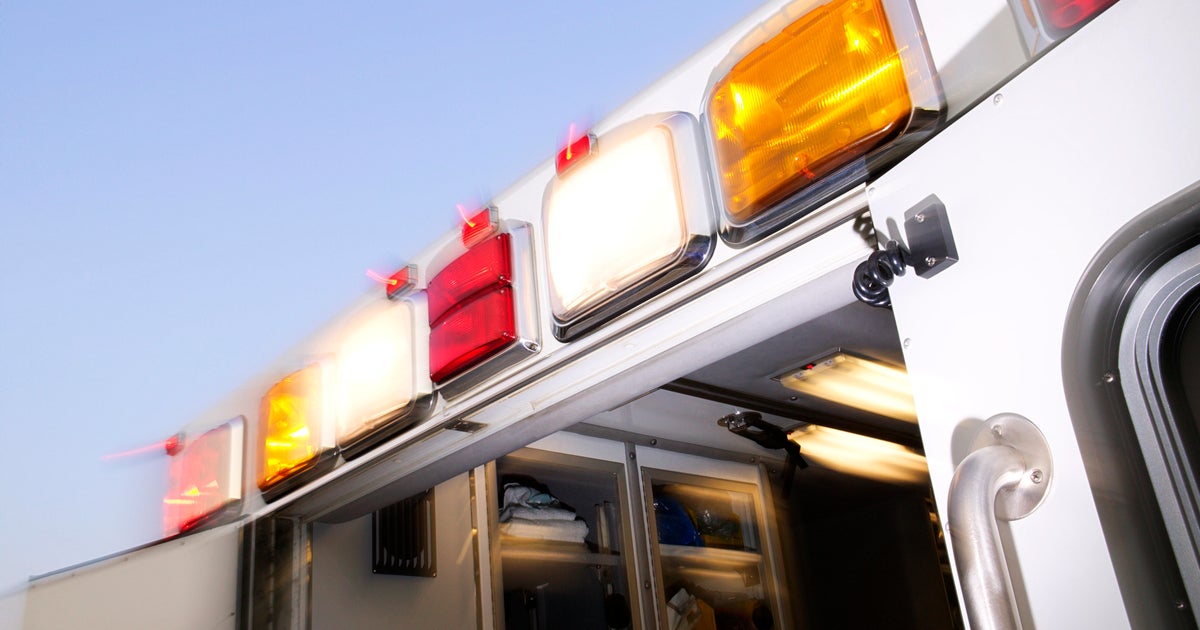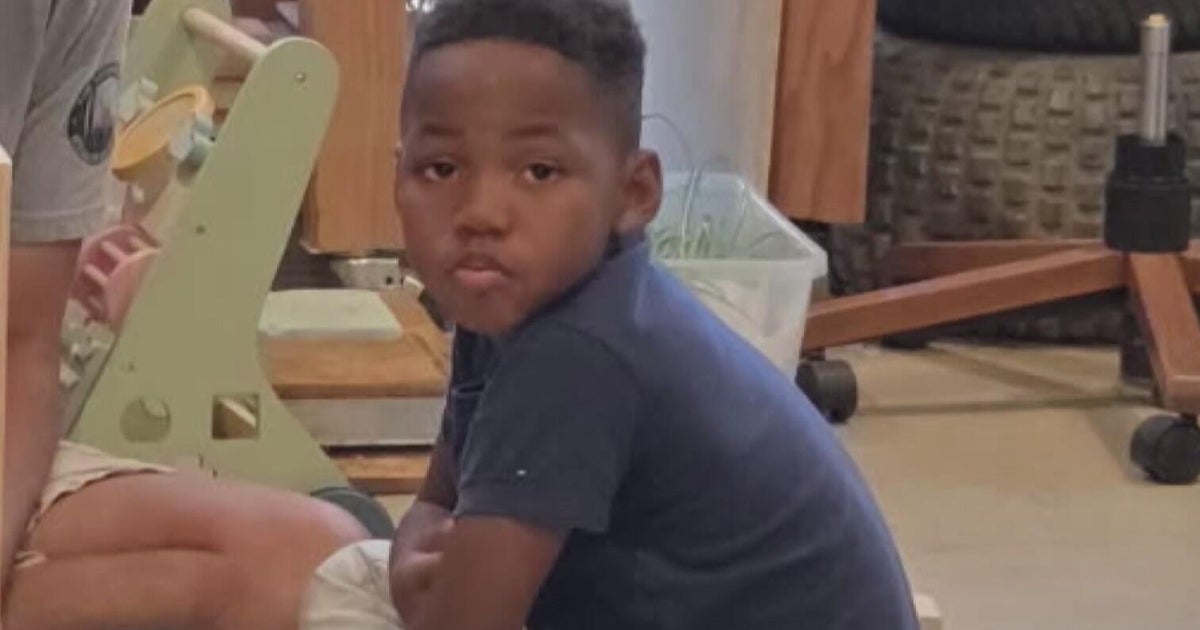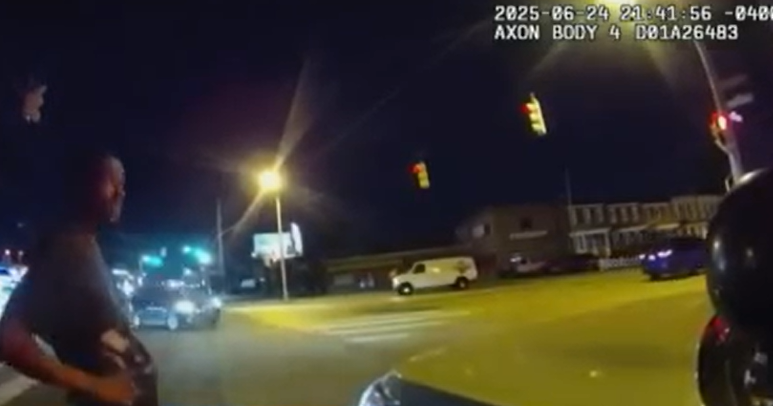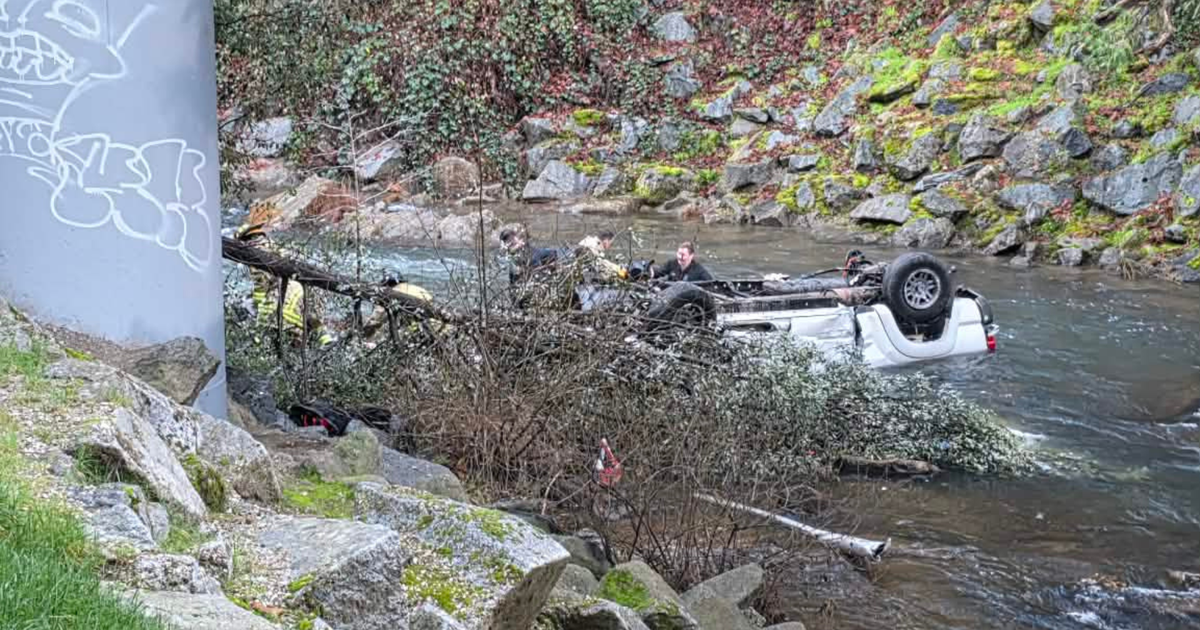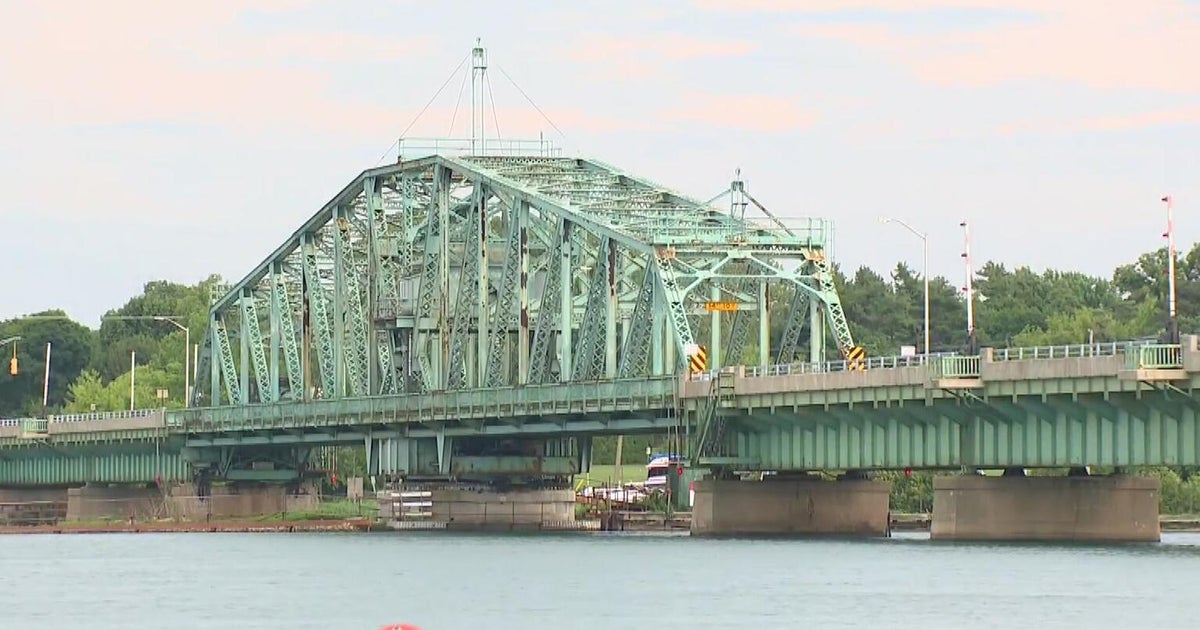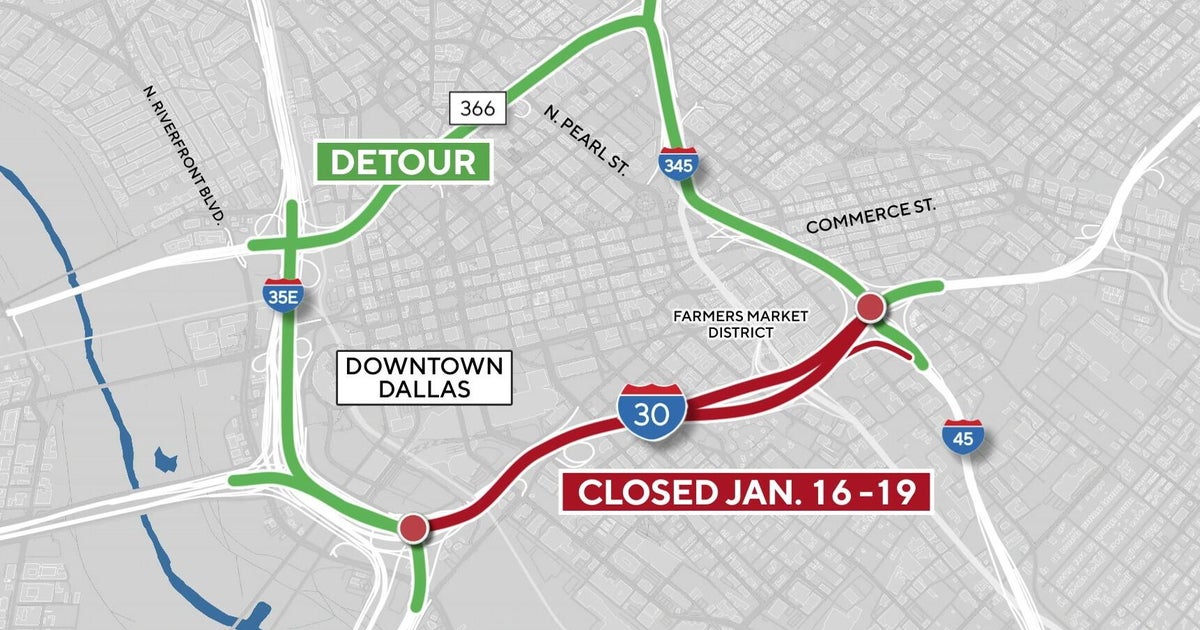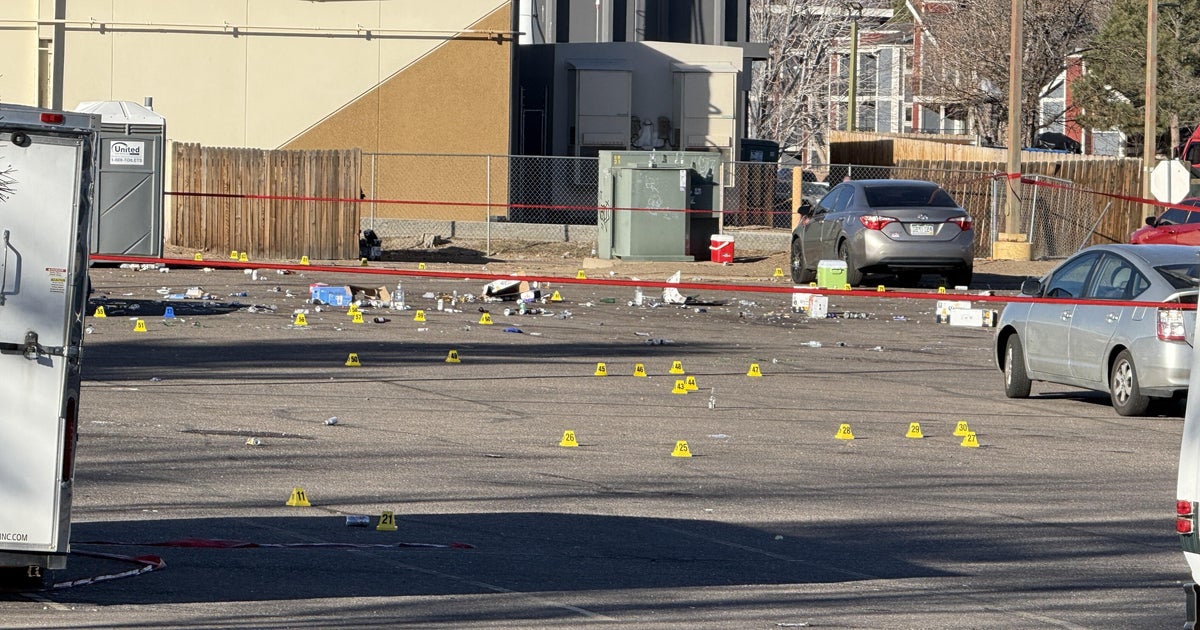Medical Examiner At JFK Assassination Dies In Iowa
DES MOINES, Iowa (AP) – In the turbulent hours following President John F. Kennedy's assassination, many were uncertain about what to do, but medical examiner Earl Rose knew one thing: The shooting happened in Dallas, and it was his job to do an autopsy on anyone slain in the city.
Rose stood in a doorway at the hospital where Kennedy's body was taken on Nov. 22, 1963, in a vain attempt to block Kennedy's aides as they removed his coffin. The Secret Service and first lady Jacqueline Kennedy prevailed, and the president's body was flown to Bethesda Naval Hospital, where an autopsy was done by pathologists James Humes and Thornton Boswell. Their findings have been used to support an array of conspiracy theories about Kennedy's death.
Rose, who died Tuesday at age 85, believed many of those theories wouldn't have gained traction if he had been able to do his job. He told The Associated Press in 2003 that he and his staff should have done the exam.
"We had the routine in place to do it ... it was important for the chain of evidence to remain intact," Rose said. "That didn't happen when the body was taken to Bethesda."
Rose's widow, Marilyn Rose, said her husband wasn't angry about what happened at Parkland Memorial Hospital but did his best to follow the law.
"At that point, there was no federal law on the assassinations of presidents," she said. "If the autopsy was done in Texas, it would have followed the law."
The Warren Commission concluded in 1964 that Lee Harvey Oswald acted alone in shooting Kennedy. It found Oswald likely fired three shots, one of which struck Texas Gov. John Connally after hitting the president.
Marilyn Rose said her husband agreed with that assessment and began speaking publicly about the assassination after the release of Oliver Stone's 1991 film "JKF," which promoted the view that the president's death was the result of an elaborate conspiracy.
"As far as I know, he definitely felt it was a lone gunman and that the shots came from behind and that there was no second gunman on the grassy knoll. He felt the trajectory of the bullet was a described -- that it hit Kennedy and then hit Connally," she said.
Rose conducted Oswald's autopsy, as well as those for Jack Ruby, the Dallas nightclub owner who killed Oswald two days after Kennedy was shot, and J.D Tippit, a police officer believed to have been killed by Oswald shortly after the assassination.
A native of South Dakota, Rose earned his medical degree from the University of Nebraska. He moved his wife and six children from Dallas in 1968 to take a position as a forensic pathologist and professor at the University of Iowa Medical School.
He died at an Iowa City retirement community. His wife said he was diagnosed with Parkinson's disease and then developed dementia.
Along with his wife, he is survived by five daughters and 12 grandchildren. His son died in 2005.
Marilyn Rose said a memorial will be held June 11 in Iowa City.
(Copyright 2012 by The Associated Press. All Rights Reserved.)
